Paid collaboration with Financer.com
What do you need to consider when shopping and paying abroad? Do you need to exchange cash beforehand? How do you protect yourself against theft and skimming? Should you choose local currency or Swedish kronor when paying by card? We have collected 12 tips for travelling.
Table of contents
Things to consider when shopping and paying abroad
It has become a little easier now that several countries in Europe use the euro, but there are still plenty of different currencies around the world to keep track of. When we travel a lot and get confused, we sometimes give up and call everything 'money'. This costs 37 money and that costs 78 money.
Then there is the issue of card payments. How to avoid extra charges and how to avoid theft and skimming? We don't have all the answers, but we've learnt a few things along the way. We're sharing our top tips. Feel free to add yours!
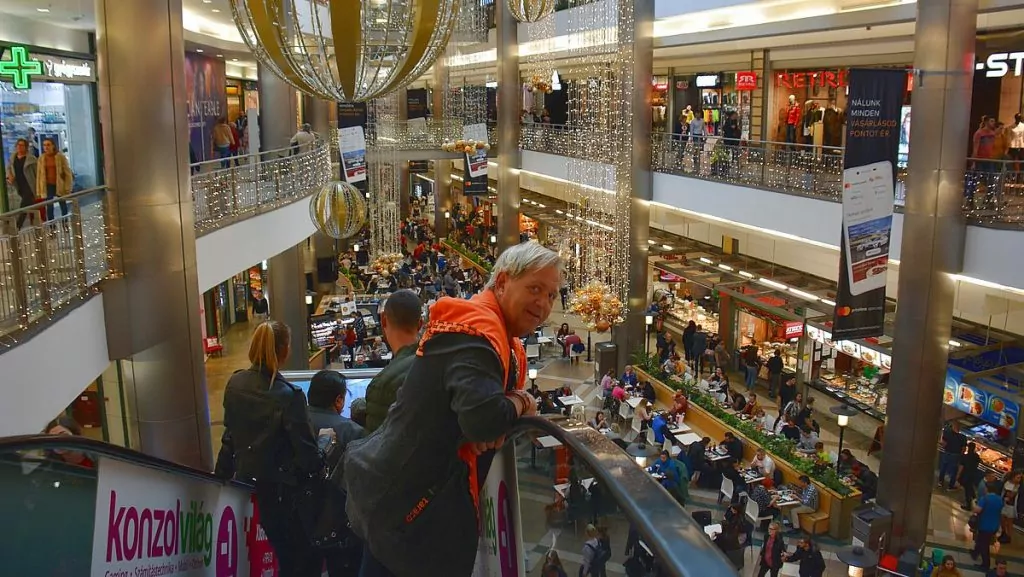
1. Always carry some cash
In Sweden, people are spoilt by the fact that it is always possible to pay by card. This may not always work in other countries, especially in rural areas or small villages. Therefore, it is always good to have some cash in the local currency as a backup.
2. Make change before - or withdraw cash on the spot
Even if you want some cash, you don't always have to change money in advance. Often it is just as easy to withdraw at an ATM on the spot. If you need the cash right away, and perhaps enter the country via the countryside, it may be useful to have changed money in advance.
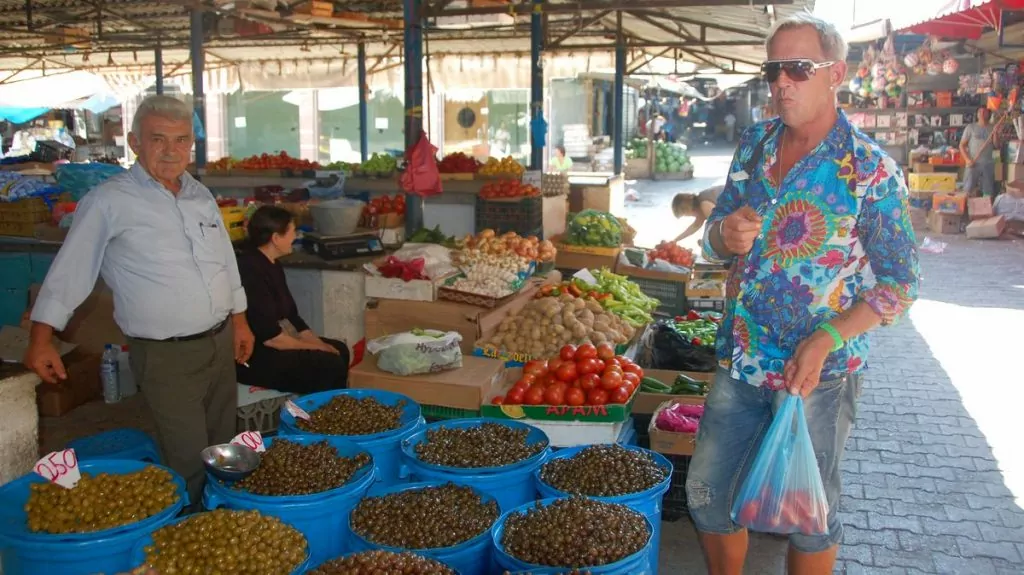
3. Take care of the code when withdrawing cash
Make sure no one sees you enter your code at the ATM and never keep it near your card.
4. Have at least two different cards
It can be useful to have at least two different credit cards. Occasionally, a card will malfunction, so it's good to have two different ones to choose from.
5. use credit cards or cards with access to "some" money
It is better to use a credit card than a debit card to minimise the impact of theft. If you use a debit card, don't keep too much money in the account to which the card is linked. Take equipment with you so that you can transfer more money when you need to.
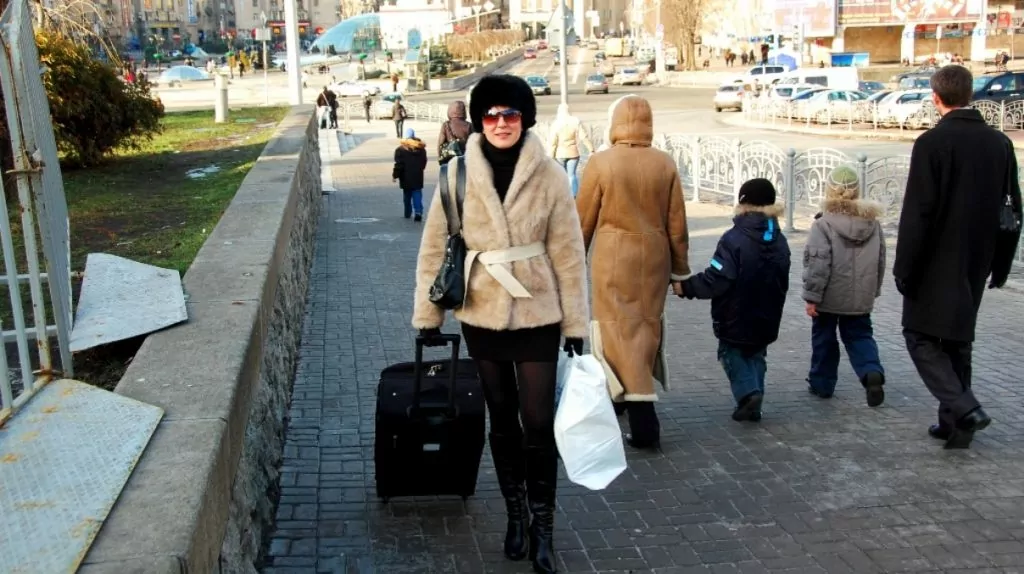
6. Get a credit card with travel insurance
Many credit cards include travel insurance, which can be useful when travelling. Each card has different policies, discounts and bonus schemes, and it's a good idea to compare to know which card is best for you. You can compare credit cards at Financer.
7. Keep your card locked for purchases you don't need
Keep your card locked for international payments when you are not abroad and keep it locked for online purchases when you are not shopping online.
8. Choose local currency when paying by card
When paying by card, you may be asked to choose whether you want to pay the amount in Swedish kronor or in the local currency of the country. Always choose the country's local currency! Companies are free to set the exchange rate, so it will probably be more expensive if you choose to pay in Swedish kronor.
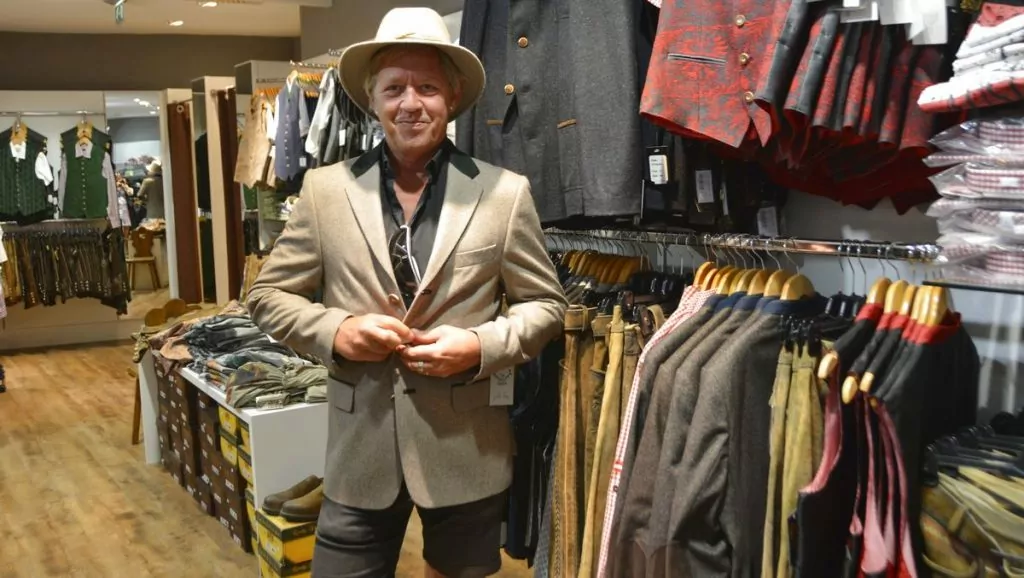
9. Write down the blocking number
If you lose your card, you may need to call and cancel it. Make sure you know where the blocking number is, so you can quickly block the card if you need to.
10. Keep track of the currency
It's important to keep track of the exchange rate so you know what things cost. You can look at Forex, for example, and it's also easy to google. For example, if you google "150 usd sek" you will quickly find the price in Swedish kronor.
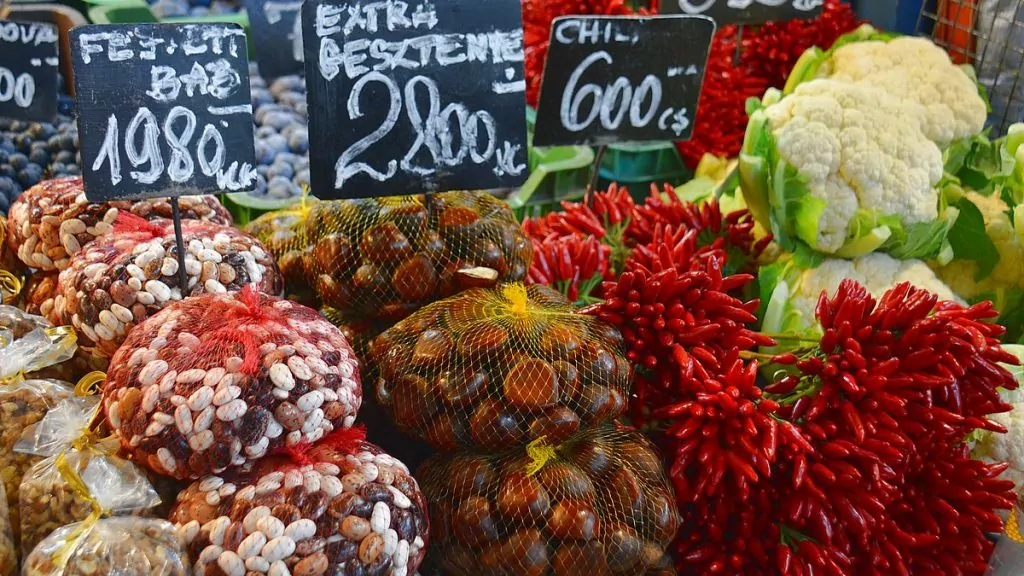
11. Drink in moderation
Tipping is common in many countries, and in some countries it is a crucial part of the salary for people in certain professions. It is advisable to read up on the rules in the country you are going to visit.
12. Dare to haggle
In some countries, including Asia and Africa, haggling is normal, especially at markets. Remember that you should feel satisfied with your purchase when you leave!
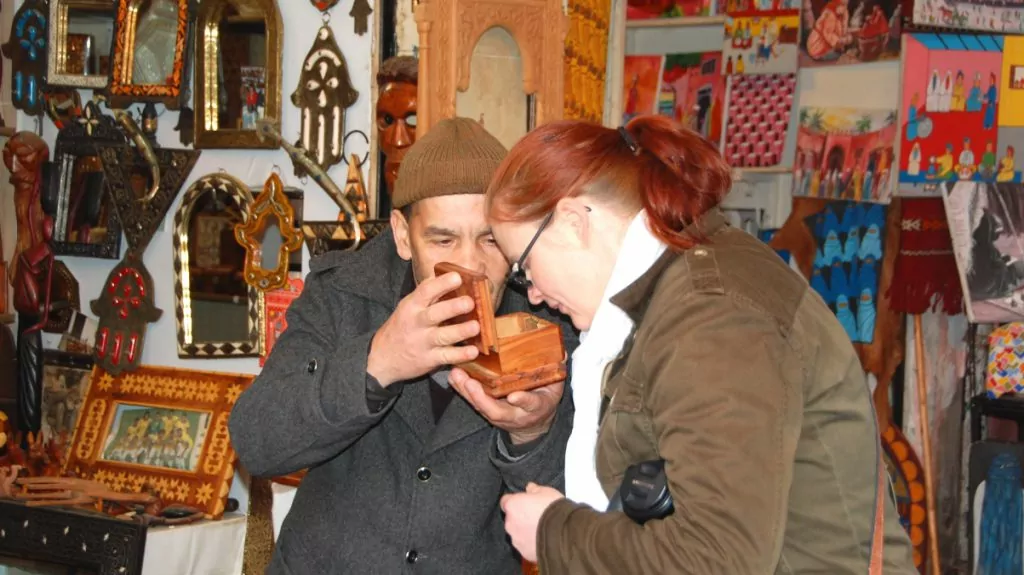
What are your top tips for shopping and paying abroad - and keeping your finances in check?


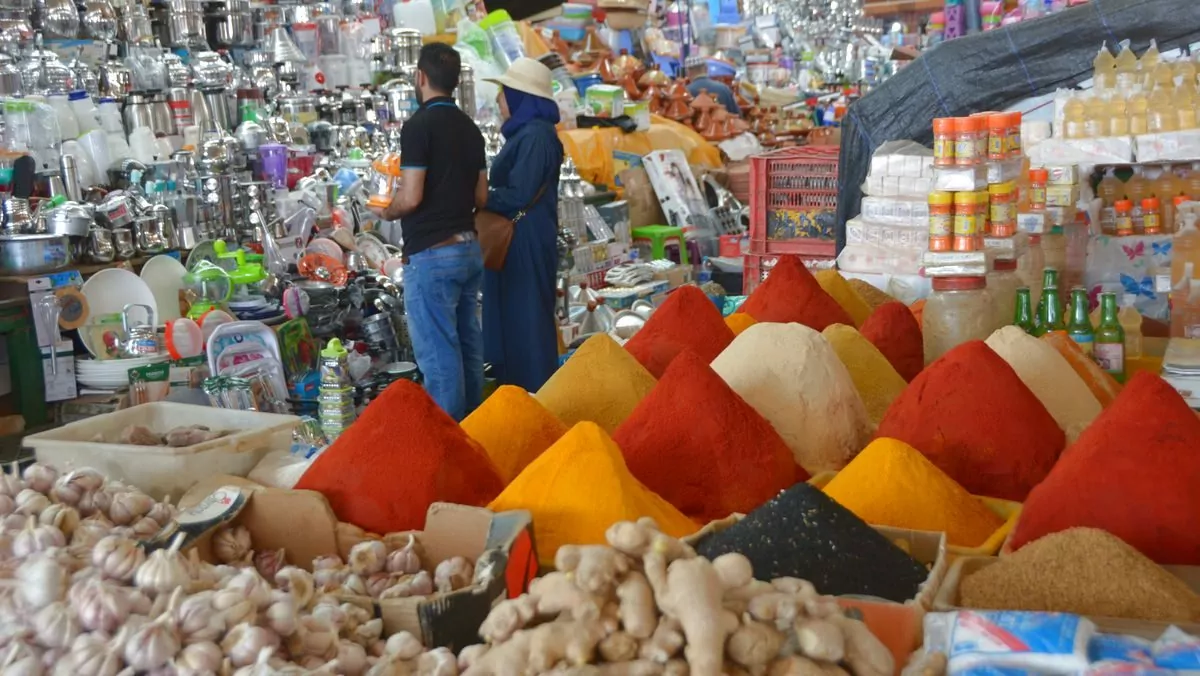









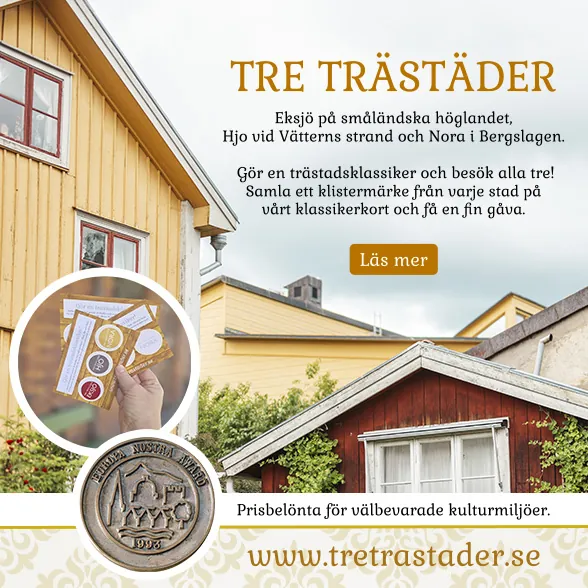

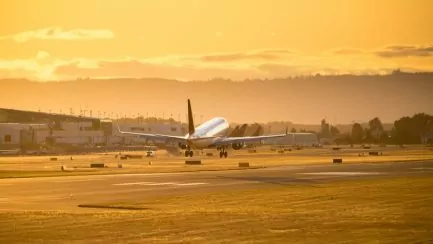


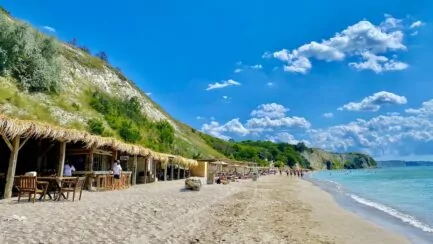
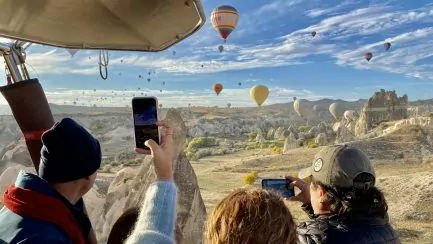



Emma, sun like sun? says:
When you go to the market, have a smaller purse with small items in it so you don't have to pull out your wallet where you normally keep your credit cards every time you buy something. For example, I have all the coins and an occasional 5 € in a small purse and then I have larger denominations in the wallet with credit cards, ID cards, etc. I then have the wallet in a locked compartment in the bag which is also locked and the purse in my pocket or more easily accessible. I do not have to stand and rummage (and expose) to buy what is cheaper.
30 January 2020 - 8:42
Helena says:
Yes, having a wallet with just a little money is a great tip! We usually do similar, and have some smaller amount in the pocket for small things, so you do not have to wave large bills.
30 January 2020 - 18:43
Maria's memoirs says:
I usually write down the currency in a small travel booklet along with some other information such as embassy/consulate, other important phone numbers, etc. I usually write down examples such as 1 euro = xxx in the local currency, 5 euros, 10, 20... And then I can check there and quickly get a picture of approximately how much something costs. Like to have important information on paper and always available? I also usually hide one debit card in some tricky place, not in the same place as the other, and hide the cash here and there if I have withdrawn a slightly larger amount at once, which I often do because it usually costs something for each individual withdrawal.
30 January 2020 - 8:48
Helena says:
Writing down is smart! I usually rely on my mobile phone. This is based on the fact that I have internet (which I usually try to make sure I have). We may not always hide, but at least try to have cards and cash in different places. And sometimes lock something in the safety box in the hotel room if you don't need it.
30 January 2020 - 18:45
Ama de casa says:
Great tips there!
We are very much in favour of "Cash is king" but have started to modernise a bit and use the card more and more, especially when there are "weird" currencies that we won't use later.
However, we always have a "currency reserve" with us in the form of cash in US dollars (small denominations). They usually work everywhere if you need cash to pay with.
30 January 2020 - 15:06
Helena says:
Yes, that's right, that currency reserve can be smart. US dollars often work, and even euros in many places.
30 January 2020 - 18:46
Snows says:
One important thing is to close your card for foreign and internet purchases when you pay, so we always do that. We have two different cards and pay with the credit card. If there is a safe in the room, we usually leave money and cards there and only take a smaller one with us.
30 January 2020 - 18:05
Helena says:
Yes, the safe thing is good too. Good to not have everything valuable on you.
31 January 2020 - 6:41
BP says:
Great tips! One thing I didn't realise was that you should always choose your country's local currency when making payments. That was a hot tip. This also applies to debits when withdrawing money from ATMs abroad.
PS. The link to financer.com does not work, at least not for me. DS.
30 January 2020 - 20:54
Helena says:
We learnt about local currency a few years ago. Good to know actually, before that we never knew what to answer when they asked. When you write the link, are you thinking of the top line where we wrote that it's a collaboration? There's no link there, just info for your readers that it's a sponsored post. Under point 6 there is a link. It works in af when I click, it is not the one you mean, right?
30 January 2020 - 22:22
Goals says:
Great tips! I always carry two credit cards and a regular bank card when travelling abroad. I leave the bank card locked in a safe in the hotel room when we go shopping.
I usually only use cash in markets, kiosks and cafes. I found that a good tip to help with the haggling is to know a few words in the language spoken in the country, then there is always a good atmosphere! And if you can talk a little sport, preferably football, then I have experienced that you often get the price down a lot and make a good deal. 🙂
If we go to a shopping centre, I always take one credit card and leave the other one behind (in case one of the cards is stolen). I have the Credits Gold credit card (https://credits.no/credits-gold), because it is fee-free and has included ID theft insurance. The other credit card is from my bank, Sbanken. According to https://www.kredittkortinfo.no/ it ranks 4th among the cards with the lowest interest rates. Other than that, it doesn't have many advantages.
I once had my bank card stolen while on holiday in Gran Canaria. It was fine, because I was able to block it quickly. But this has meant that I always carry a couple of extra cards when travelling. Cash and any cards I have often in a thin bag under my t-shirt, if we are in markets or similar places where there are lots of people.
I found tip number 7 very useful! I haven't thought about that, locking the cards for any purchases. I'll remember that for the next time I travel. Let's just hope this pandemic is over soon.
27 June 2021 - 15:00